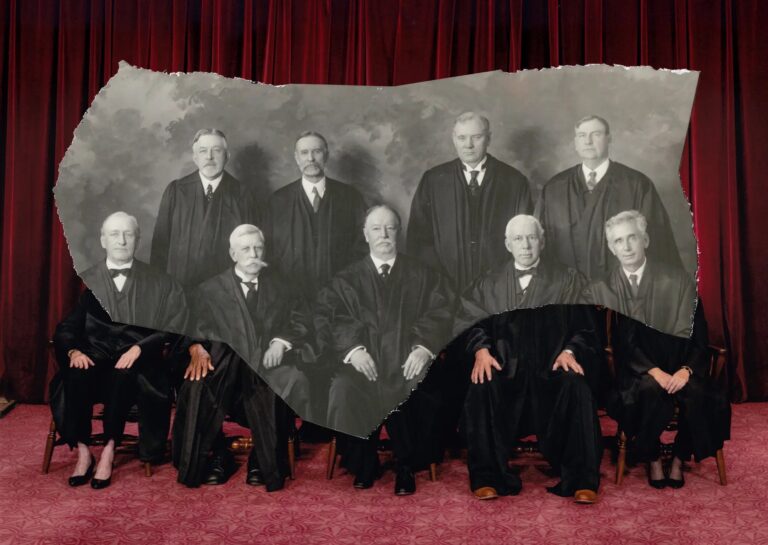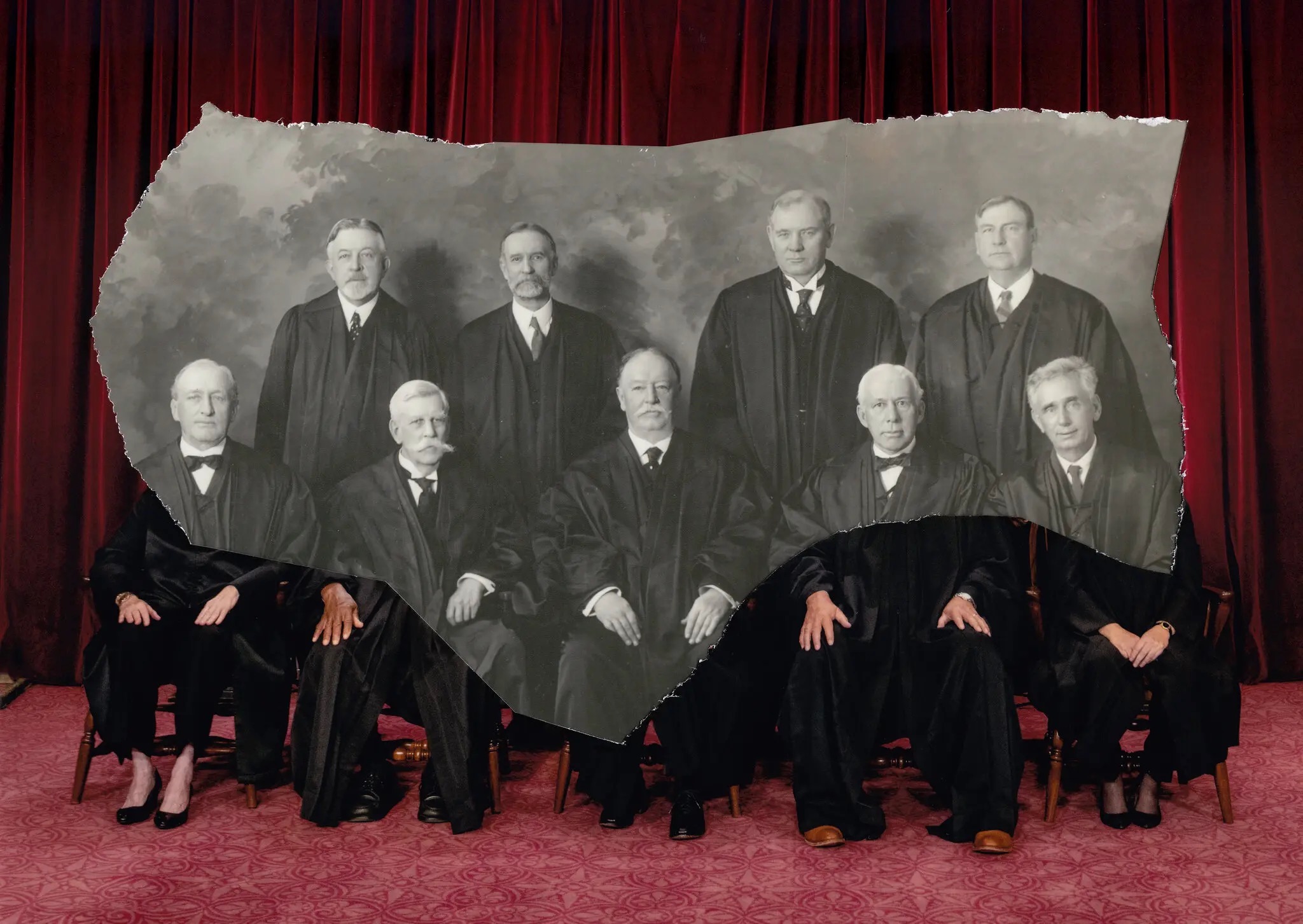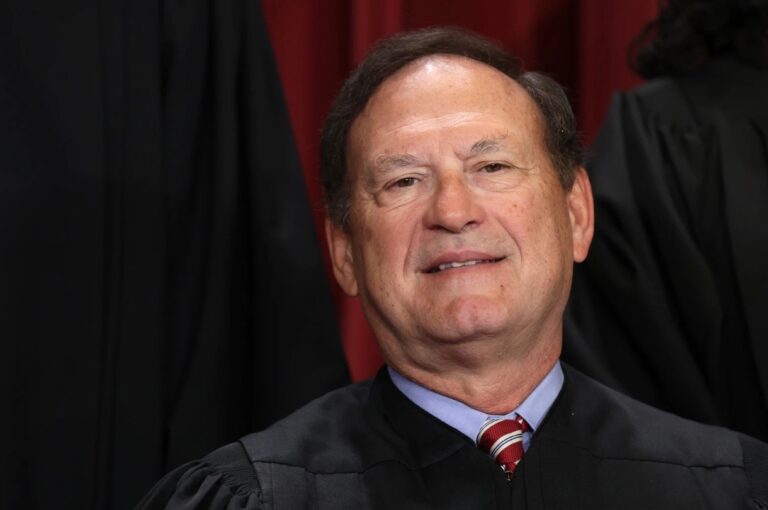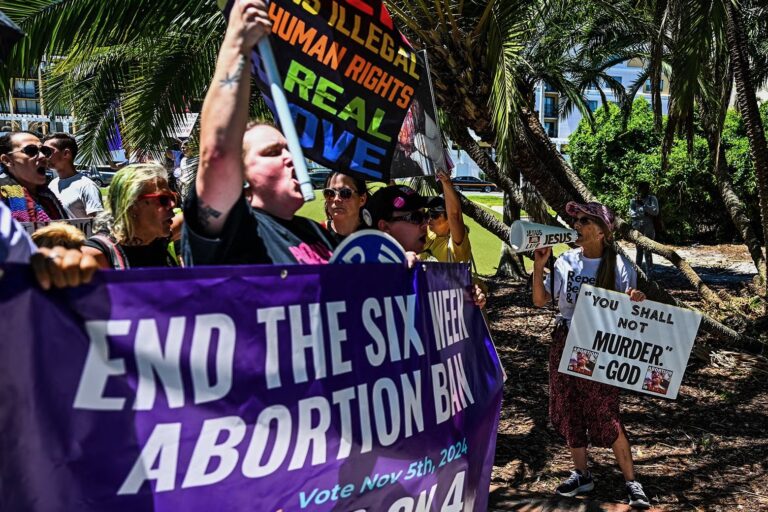The new reparations movement changed how this lawyer saw history
More Of This

This story features Equal Justice Society, a ChangeLawyers Legal Empowerment Fund grantee.
When California set up a reparations task force in 2020 to study the generational effects of slavery and other racist policies in the state and propose specific policy ideas for restitution, it was the first such statewide effort in the nation.
The nine-member team included lawmakers, scholars, community leaders and lawyers. Eight of the nine members were Black. The ninth was Donald K. Tamaki, a Japanese American lawyer with valuable experience to share.
In the 1980s, Tamaki worked pro bono on the legal team that reopenedthe landmark 1944 Supreme Court case Korematsu v. United States. The court’s decision in that case had been used to justify the federal government’s forced relocation and internment of more than 120,000 Japanese Americans and people of Japanese descent during World War II.
Read the rest on NY Times
Conservative judges are using a new, dangerous legal standard
Say It Louder

Emily Bazelon the Truman Capote fellow for creative writing and law at Yale Law School. Her recent features on the Supreme Court have focused on its rightward lurch, its struggle with affirmative action and the political clashes over its power.
In November 2022, a group of L.G.B.T.Q. students at West Texas A&M University started planning a drag show for the following spring. They wanted to raise money for suicide prevention and stand up for queer self-expression at a time when conservatives in Texas, in the name of protecting children, were mobilizing to shut drag shows down.
The student group, Spectrum WT, set a few guidelines. The show would be “PG-13,” the students told the university. Kids under the age of 18 — the students had in mind the siblings of a performer — could come only if they were accompanied by a parent or guardian.
Despite this plan, the president of West Texas A&M, Walter Wendler, announced in March 2023 that he was barring the event from campus. In a statement on his personal website, Wendler called drag shows “derisive, divisive and demoralizing misogyny.” Spectrum WT sued, arguing that Wendler’s decision to cancel the show was a “textbook” example of discriminating against speech based on viewpoint.
Read the rest on NY Times
The darkest day on the Supreme Court
Less Of This
On the day Donald Trump took office in January 2017, pondering what he might do to the country’s democratic norms and institutions, I wrote these words: “Trump will destroy them, if keeping Trump on top requires it. Or try to. He might not succeed. And that is where we rest our hope—on conservative judges who will choose our institutions over Trump. Mark my words: It will come to this.”
That hope seemed not misplaced back in 2020 and 2021, when a number of liberal and conservative judges, some of the latter appointed by Trump himself, handed Trump 60 or so legal defeats as he attempted to unlawfully overturn the election results. But after Thursday at the Supreme Court? That hope is dead. The conservative judges, or at least most of them, on the highest court in the land are very clearly choosing Trump over our institutions. And none more belligerently than Samuel Alito.
Read the rest on The New Republic
The endgame is much more sinister than six-week bans
Speaking Of...
Mary Ziegler is a law professor at the UC Davis. She’s one of the leading historians of the U.S. abortion debate and the author of six books, including her latest, Roe: The History of a National Obsession
Florida has long been a destination state for abortion-seekers in a region defined by sweeping criminal bans. And, despite being under Republican control, Florida had long been a place with one of the highest abortion rates in the nation. Yet this week, a six-week ban signed into law by Gov. Ron DeSantis in April 2023 is set to go into effect. Florida’s law will cut off access for a large number of patients, many of whom will have to travel as far as North Carolina and Virginia, where clinics have already reported long waiting periods and struggles to meet demand.
Six-week bans block a sizable share of abortions—as of 2021, nearly 60 percent of procedures in Florida occured after that point in pregnancy. But the history of six-week bans like Florida’s suggests that this will not be the stopping point for the anti-abortion movement. Six-week bans were designed to be a stopgap in the fight for fetal personhood. And fetal personhood, which establishes that the word “person” in a law or even the Constitution applies to fetuses and embryos, could have implications not only for abortion but also for IVF and perhaps common contraceptives. That may be just what is coming next in Florida.
Read the rest on Slate











